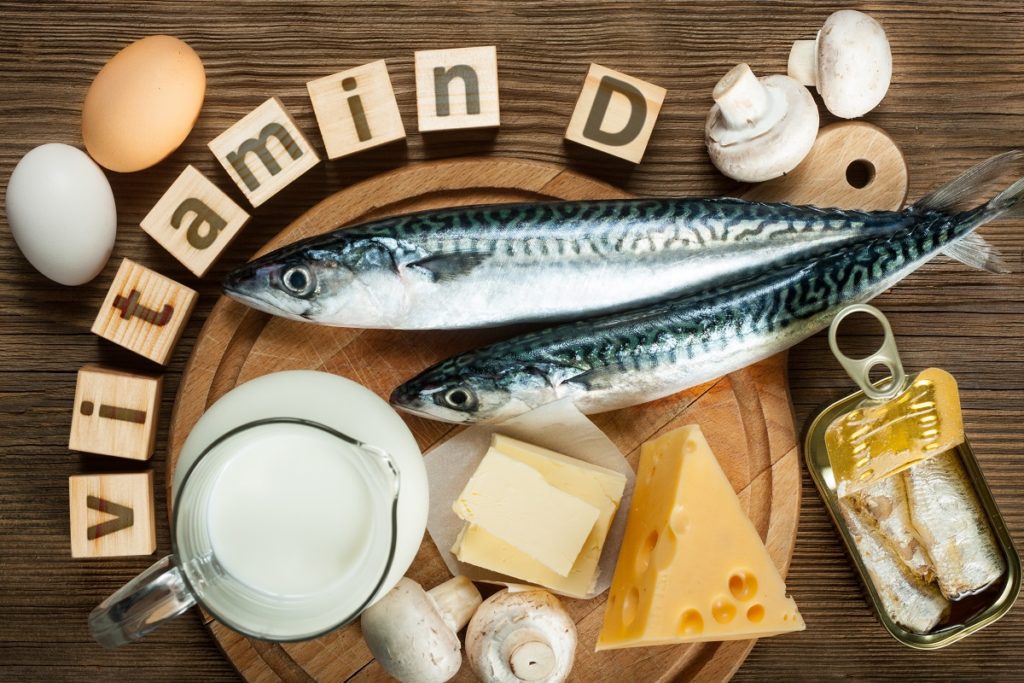Staying healthy has been the mantra of everyone since the pandemic broke out. While keeping your body moving, eating well, and resting appropriately are indeed essential to a healthy body, there’s also a facet of wellness that can easily be overlooked – vitamins.
Vitamins are a little trickier than they seem. On one hand, articles like this one from Independent claim that multivitamin supplements will only make your urine more expensive. Although there is some truth to that, it doesn’t mean that they are unnecessary.
These claims are based on the fact that some vitamins are water-soluble, which therefore means they cannot be stored in the body, unlike their fat-soluble counterparts. But this also means that you will need to replenish their supplies regularly.
To help make things clearer, here are the 13 vitamins your body needs to stay healthy:
Vitamin A
Your body needs a steady supply of vitamin A to grow and develop your cells. It’s also responsible for keeping your skin, nails, gums, hair, glands, bones, and teeth healthy. It prevents night blindness, too.
According to Cancer Therapy Advisor, this vitamin also helps prevent cancer.
Vitamin A is fat-soluble, which means it can be stored in the body’s fat cells.
Vitamin C
Vitamin C helps your body absorb iron better and promote wound healing. This is especially useful if you have a condition that requires you to take over-the-counter iron pills. It can help keep your body healthy by strengthening your immune system. It also serves as an antioxidant. It’s also used to help keep blood vessel walls healthy.
This vitamin is water-soluble. Excess amounts of vitamin C are removed from the body through urine.
Vitamin D
This vitamin helps maintain healthy bones by supporting calcium absorption in the body. It can also be stored in the body’s fat cells.
Vitamin E
This vitamin maintains red blood cells and muscles. It also helps protect fatty acids in the body. It works as an antioxidant, too. Like vitamins A and D, vitamin E is also fat-soluble.
Vitamin K
Your body needs vitamin K to promote healthy blood clotting. It is also fat-soluble.
The B Vitamins
These are vitamins that play an essential role in cell metabolism. They are chemically distinct vitamins that can usually be found in the same food items. They are water-soluble, which means they cannot be stored in the body.
Thiamine (Vitamin B1)
This vitamin helps maintain healthy digestion, appetite, and good nerve function.
Riboflavin (Vitamin B2)
This vitamin is used for energy metabolism. It helps the adrenal function and supports normal vision. It can also help maintain healthy skin.
Niacin (Vitamin B3)
This vitamin promotes normal growth while also being used to help metabolize energy.
Pantothenic Acid (Vitamin B5)
Aside from helping the body metabolize energy, this vitamin also helps maintain blood sugar at normal levels. This is relatively easy to get because it’s present in most foods.
Pyroxidine (Vitamin B6)
This vitamin helps the body metabolize proteins and carbohydrates. It also helps in creating new red blood cells.
Biotin (Vitamin B7)
Biotin helps the body maintain a healthy metabolism overall.
Folate (Vitamin B9)

This vitamin is particularly essential for pregnant women because it prevents congenital disabilities. This is used to make DNA, red blood cells, RNA, and some amino acids.
Cobalamin (Vitamin B12)
This is the only water-soluble vitamin that the body can store. It’s used in making DNA, RNA, and myelin.
Having a better understanding of the uses of vitamins can help keep things in perspective when it comes to whether you do need them. The truth is, maintaining a balanced diet is enough to fulfill your body’s vitamin requirements. But if that’s not always an option, multivitamin supplements can help, especially for those suffering from conditions that prevent your body from absorbing or storing some of these essentials.

